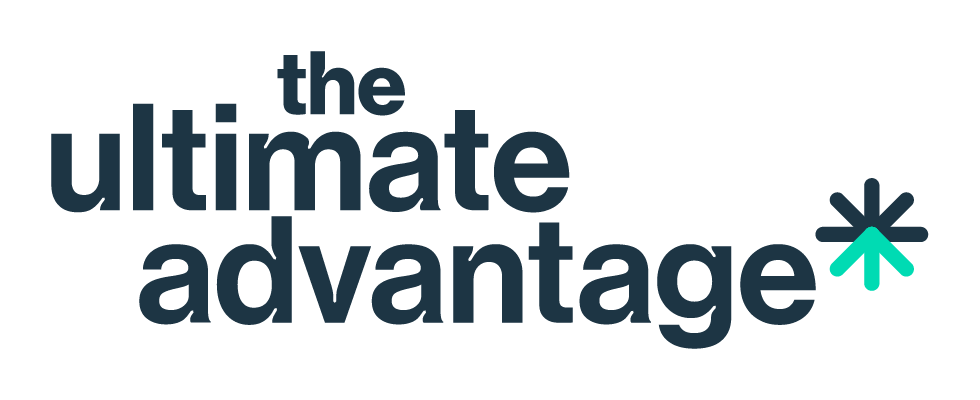
Do you want to learn something else new now?
We explore the Milton Model, and the importance of accessing our unconscious mind. One of the techniques in this model is the use of presupposition, whereby you pose a question, or support a behaviour change, in a statement form. As long as one part of the sentence is true, the remainder can be your assumption.
Hi it’s Fliss. Welcome to this latest insight into Language and Communication Mastery
I’m hugely excited today because I get to introduce you to the godfather of neurolinguistics programming, of psycholinguistics, of hypnotherapy, of psychiatry, and psychology and coaching, and that’s Milton H Erickson.
Now Milton was born at the turn of the last century. He died in 1980, but was primarily, his main period of work was between the 1930s and 1960s and in to the 70s. His life itself was phenomenal. He had polio, he had debilitating illnesses that made him bed-bound, and even unable to speak at times. He was able to harness the power of his unconscious mind and do the unthinkable, to heal from the kind of illnesses that would have crushed and killed a lesser man.
And the insights that he gained, he then taught, and to a very significant effect.
Milton Erickson believed that the unconscious mind is the seat of our creativity and also the seat of our solution-generating ability. If we could just get out of our own way, if we could get out of our conscious mind, and let our unconscious mind do what it is best able to do, we would find the answers that we are looking for. The solutions, the outcomes. We would be our most dynamic, creative, and authentic selves.
What he did, he developed a model, and it’s called the Milton Model. And he developed a number of linguistic devices that actually create what he termed “artfully vague “language. So, this is language we can allow the conscious mind to interpret, which takes us down into essentially a form of trance. It’s a way of automatically getting out of our head and into our unconscious. So the Milton model itself can be hugely useful when we are communicating professionally, whether that’s one-to-one, in a boardroom, or to an audience of 1,000 people.
I am going to cover off one of Erickson’s own techniques today. There are dozens, so I will of course cover other ones in future insights. But, I’m going to talk to you today about presuppositions. Presuppositions are great because you have to assume one part of the sentence is true in order for the whole sentence to be true. If you were looking for support to make a behaviour change, for example, perhaps around exercise - I might say to you..."I wonder if you are going to work out on Thursday or Friday?" Now, the presupposition is that you are going to work out - the question is which day that’s going to happen on or around. I might say to you..."I don’t know how quickly you are going to take this up", "I don’t know how quickly you are going to make these changes" - the question here is the speed with which you are going to make those changes, not when.
My original NLP teacher, John Cassidy-Rice (an amazing amazing guy - if you get the chance to check him out do), he would always use a presupposition in our training.
Do you want to learn something else?
He would smile while he said it. The assumption is you have already learned something new and grounded that...and you are now ready. Whenever I hear that one, I always think of him.
So just think about how you can use presuppositions within your language to empower other people to get out of their own head, and to allow their unconscious mind to go on the journey it needs to.
So remember a presupposition is where one part of a sentence has to be true in order for all of the sentence to be true.
Do let me know how that lands, let me know whether you regularly use presuppositions, whether you are a fan of the Milton Model and/or Milton Erickson himself - or whether this is all new to you. Do perhaps share some examples in the comments box and let me know.
Do check out #ZenCommsMaster for more Insights.
Moving next onto the language of negotiation. I’m really looking forward to sharing some of that with you, I'll speak to you soon.

Meet the Author
As one of the UK's leading experts in the applied psychology of language, Fliss has helped Boards, leadership teams, and c-suite executives from across the world to communicate with influence, integrity, and impact. A psycholinguist, voice dialogue, and NLP Practitioner, Fliss is also trained in influence and persuasion, and behavioural psychology, and is a certified empowerment coach and trainer. Fliss heads-up The Ultimate Advantage, a dedicated language and communications mastery coaching and training consultancy, as well as Zen Communications, a successful PR and content agency. She regularly speaks on all aspects of compelling communication and is a popular podcast guest.
If you loved this then give it a share!


Download our guide to learn the five secrets to compelling communications.



